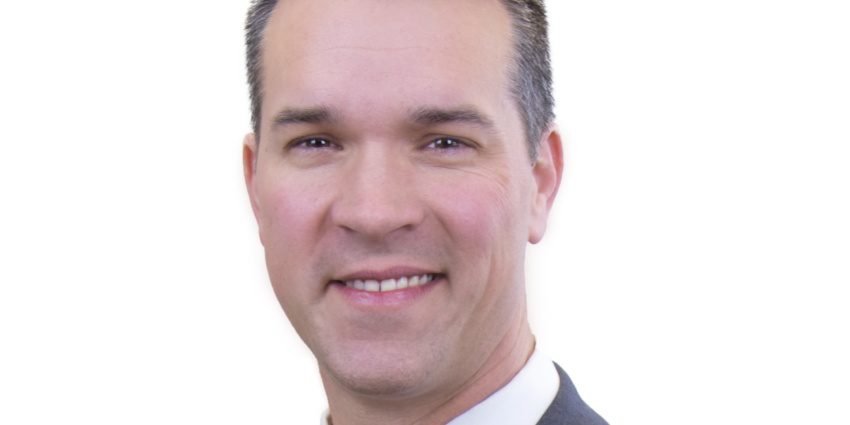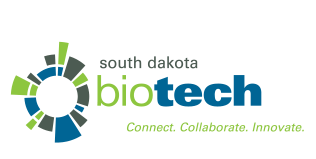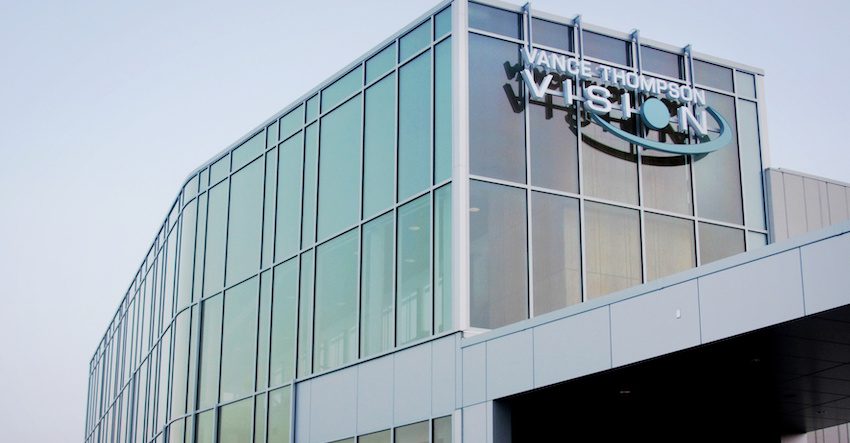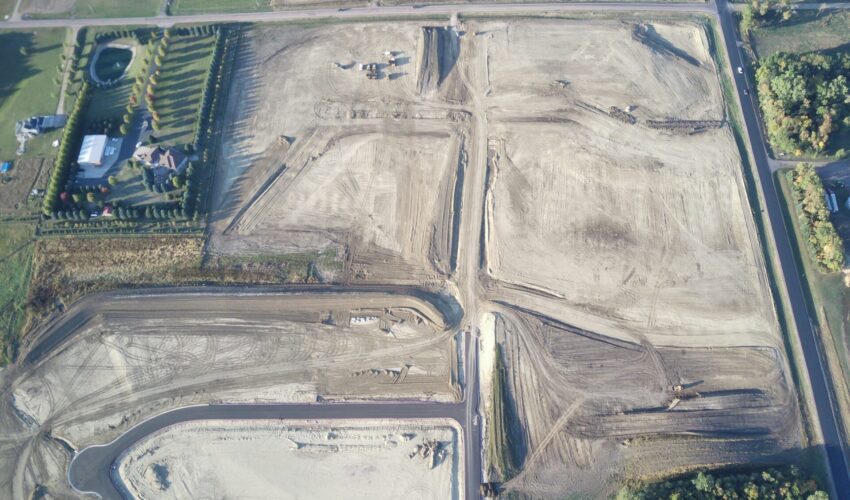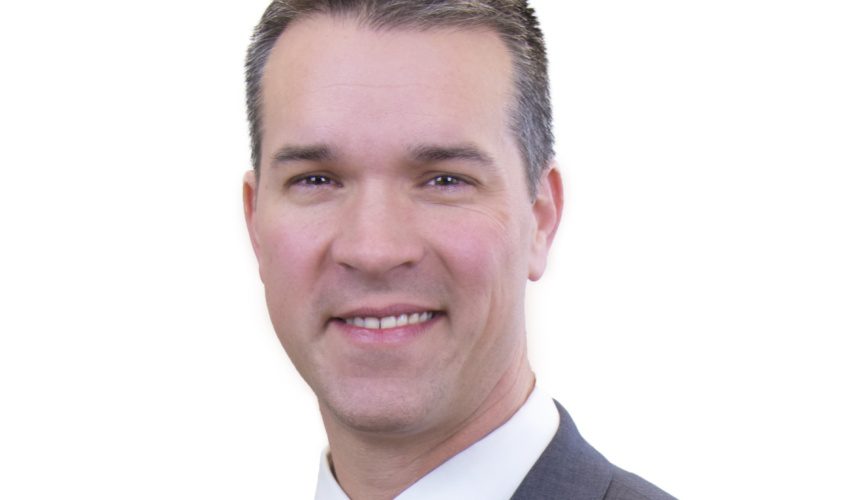Becoming a small-business lending leader starts with connection to startup community
Oct. 10, 2018
This paid piece is sponsored by The First National Bank in Sioux Falls.
When leaders at The First National Bank in Sioux Falls saw the numbers, “we couldn’t have been happier,” said Jeremy Keckler, senior vice president and business banking manager.
Thirteen loans totaling more than $2.4 million in SBA 7(a) lending in fiscal 2017 made the bank the leading program lender among local community banks.
The SBA 7(a) loan program allows businesses meeting the requirements to access up to $5 million in loans. Those can be used to:
- Purchase new land, including construction costs.
- Repair existing capital.
- Purchase or expand an existing business.
- Refinance existing debt.
- Purchase machinery, furniture, fixtures, supplies or materials.
“We became program experts,” Keckler said. “We became as familiar as we could with them, and we became a partner-connector for candidates.”
Through sponsorships and partnerships with One Million Cups, the Zeal Center for Entrepreneurship and the Hey Sioux Falls awards, First National Bank is forming trusted relationships with small-business leaders, Keckler said.
“We have a very experienced staff, and these interactions are allowing us to better tell the story to startups as far as things they may need to consider, find out where they need help and then deliver for them.”
Here’s a little more insight from Keckler on how the bank works with small-business owners:
How do small-business owners know they could benefit from a 7(a) loan?
Typically when they come to us, they may or may not know what an SBA loan is. I think there’s a common misconception that those are funds borrowed from the SBA. And what the SBA actually does is guarantee a portion of that loan. Instead, business owners typically approach us with a problem. It’s often that they need money to buy equipment or need a line of credit to support growth. As we go down that path with them, sometimes we find a traditional bank loan is more appropriate, and sometimes we determine an SBA loan is appropriate. But that’s where we do a great job of finding the right fit.
What are some questions I could expect my business banker to ask in working through a first loan?
We’re actually not going to start with the loan. We’re going to start with your vision for the business and what you’re trying to build and accomplish. And then we’ll talk about how we go about accomplishing that. Often, it’s funding, but not always. Sometimes they will have capital or cash of their own into it, or they will go to friends and family. It’s just as fun for us when we get to be counselors but not actually talk about a loan.
If we are considering a loan, we’ll look at the potential revenue of the business, how likely they are to meet projections and repay the loan in a prudent amount of time, and then what the funds are being used for. Some of it involves collecting information, but the last thing we want to do is slap down a stack of papers to complete. There is some paperwork involved, but we try the best we can to bear the brunt of that and minimize the pain points. If we are looking at an SBA loan, we will need to look at personal credit history and document information and provide that to the SBA. But that’s where we’re going to give value. We’re not just going to hand over an application and tell them to bring it back in.
What do you point to for FNB’s leadership in this area?
More than anything, it’s our involvement in the community. This has not been something where we’re plastering ads to come apply for an SBA loan here. But we’ve become more connected to this community, and that has caused businesses to ask more questions that lead to conversations that can lead to funding. It’s our involvement in the entrepreneur and startup community. I don’t have year-to-date numbers, but I know we’ve continued the momentum into 2018.
What kinds of businesses were able to use SBA loans?
We had a good variety of businesses, including four that opened new restaurants, two medical/dental practices, a promotions company, a media company and two trade businesses. There isn’t any one industry this works best for. By and large, the loans were used for working capital and fixed-asset purchases.
What are some challenges you find with qualifying businesses for a 7(a) loan?
Fewer than you might guess. They’re looking for ways to fund businesses at the SBA. They’re looking for ways to support job creation. One of the best things for us is our local SBA office. They are absolute experts and help steer us through the process. They can point to different programs if a 7(a) is not the right one, and we leverage them often.
If a business owner wants to learn more, what’s the next step?
Everything we do starts with a conversation, learning about the business dream and how we can help them realize it. Our website is a great resource to learn more and contact our team. Or you can call me directly at 605-335-5206.

